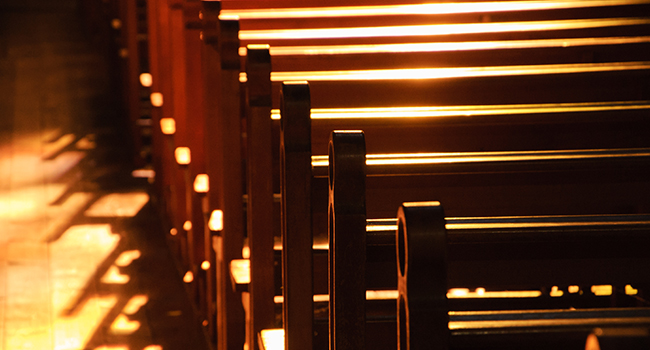
Faith Leaders, Legislators Seek $5 Million for Security at Connecticut Houses of Worship
A group of lawmakers and clergy are seeking $5 million in the next state bond package to fund security measures at Connecticut houses of worship following increased tensions and an arson at a New Haven mosque.
- By Jessica Davis
- May 20, 2019
A group of lawmakers and clergy are seeking $5 million in the next state bond package to fund security measures at Connecticut houses of worship following a May 12 arson at the Diyanet Mosque in New Haven, which officials said appeared to be intentionally set. The funds would go toward security projects for houses of worship, including remote door entry systems, cameras and shatterproof windows.
Gaining access to the funds would follow the same general format for school security funded approved by the legislature after the 2012 Sandy Hook shootings. Clergy would have to apply for the funding and specify what purpose the funding would serve.
The effort to secure this funding for house of worship security is being led by Sen. M. Saud Anwar and Sen. Derek Slap. Anwar and Slap were joined by faith leaders and other legislators when they announced their proposal at the Capitol on Tuesday.
In addition to the May 12 mosque arson in New Haven, the state of Connecticut has experienced multiple similar incidents. The Anti-Defamation League said there were 39 anti-Semitic incidents in the state in 2018, including 19 cases of harassment, 19 acts of vandalism and one assault.
“These attacks strike at the heart of our social fabric, tearing at people’s faith in the very places where they should feel secure and at peace,” Slap said. “It’s rather sad, but I know many houses of worship are now reacting to increased acts of violence in the same way that public schools did after Columbine and Sandy Hook.”
Anwar said no one should have to feel unsafe or unwelcome in a house of worship. He said people of faith must build resilience.
“Churches, synagogues, mosques, and temples are pillars of our communities where people gather, joining together as one,” Anwar said. “In this current environment, where religious groups may feel threatened, this bonding will create a sense of resiliency and protection. Irrespective of the situation in New Haven, we must show everyone in our community that we are strong, and join together as one people.”
It’s expected that the security bonding plan for houses of worship will be written into the 2019 state bonding bill, the final details of which are still being worked on.
About the Author
Jessica Davis is the Associate Content Editor for 1105 Media.